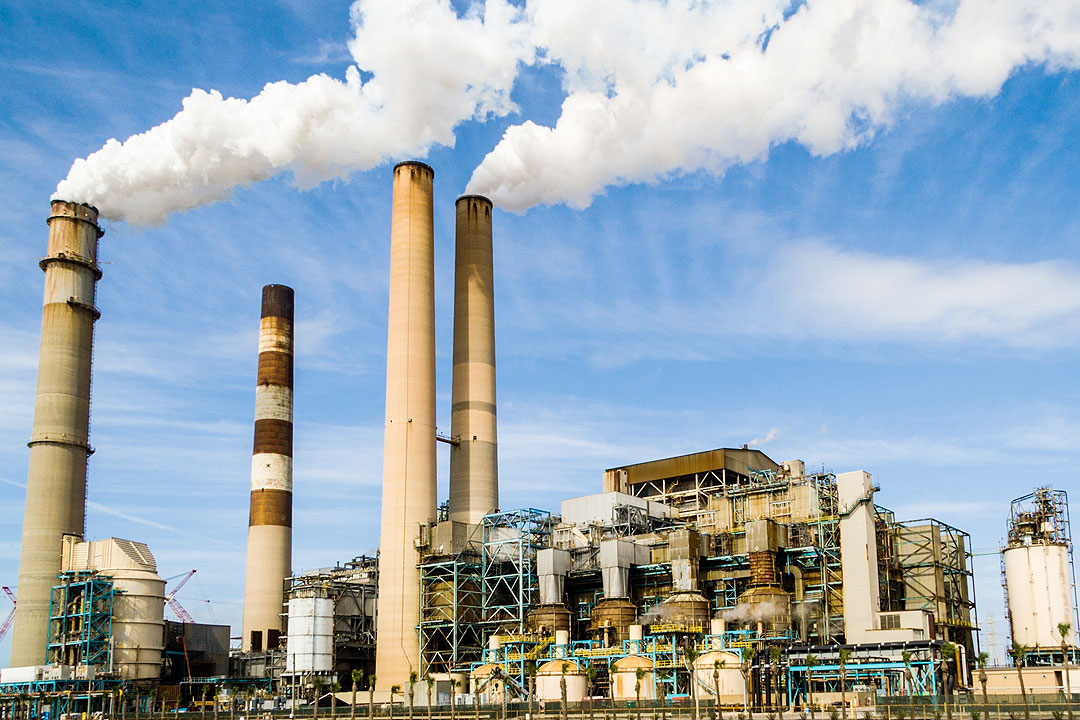DoF eyes foreign government buyout of shares in coal-fired power plants

THE DEPARTMENT of Finance (DoF) is considering the possibility of getting foreign governments to buy out their citizens’ shareholdings in corporations that run coal-fired power plants in the Philippines.
Finance Secretary Carlos G. Dominguez III in a press release on Monday said the proceeds from the buyouts can be donated to fund a Philippine initiative to transition to clean energy.
These buyout proceeds could go into an Asian Development Bank (ADB) partnership that aims to fund the early retirement of coal-run power plants and replace them with renewable energy alternatives.
“If we can get the foreign governments to buy out those shareholders and donate the shares of that company to a government — to our government — or to a group, including ADB and other agencies, we can actually shut down that plant,” Mr. Dominguez said at the recently concluded 26th United Nations Climate Change Conference of the Parties (COP26) held in Glasgow.
“And that foreign government would actually be making a contribution to reducing a coal-fired power plant.”
Some overseas companies, DoF said, have significant stake in the continued operation of the coal plants.
The ADB energy transition mechanism is a public-private finance program that plans to reduce coal-fired power generation by retiring coal plants and supporting renewable energy use.
The Philippines will pilot the project to buy and repurpose the coal-fired power plants in Mindanao while the capacity of the Agus-Pulangi hydropower plant is being upgraded.
“(The mechanism) will bring together concessional resources from donor governments and philanthropies, in close coordination with global climate change-focused funds, to leverage large amounts of commercial capital to trigger a decisive shift towards decarbonization,” DoF said.
The energy transition mechanism is made up of two multibillion-dollar funds, with one focused on quicker early plant retirement, while the other one is devoted to new clean energy investments in power generation, storage, and grid upgrades.
Multilateral banks, private institutional investors, philanthropic contributions, and long-term investors will provide capital for the project, ADB said.
A two- to three-year pilot phase would raise funds needed to speed up the retirement of five to seven coal plants and invest in clean energy in the Philippines and Indonesia.
Mr. Dominguez said employees working at a Mindanao coal-fired plant set for closure will be retrained to work in other energy projects.
“There are not a lot of people actually working in that particular coal-fired power plant, or in any coal-fired power plant. So it’s very easy to retrain them to do other projects,” he said.
He has been pushing for climate financing from wealthier economies that have not offered enough to help developing nations reduce their carbon footprints. Such countries bear the most responsibility for their historic emissions, he said.
The Philippines has committed to reduce greenhouse gas emissions by 75% from 2020 to 2030. Of the 75% target, just 2.71% can be achieved with internal resources, while the remaining 72.29% would rely on international assistance. — Jenina P. Ibañez



